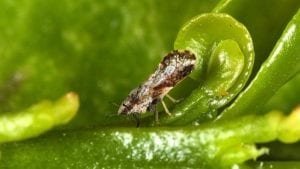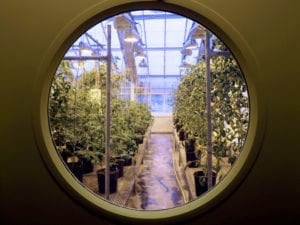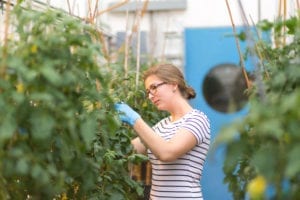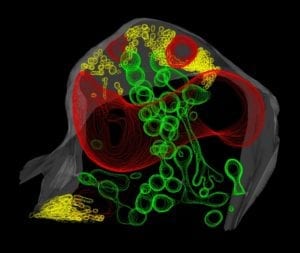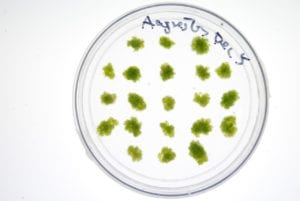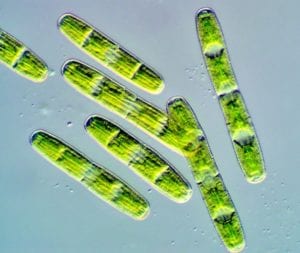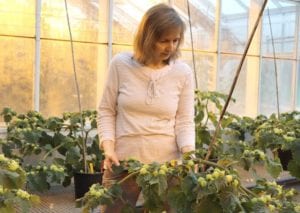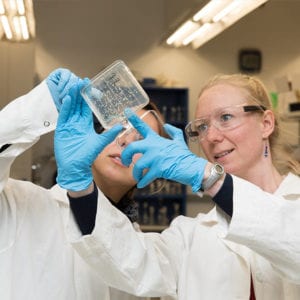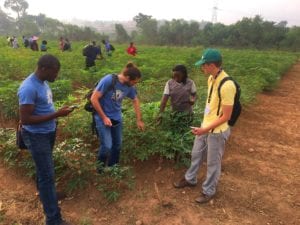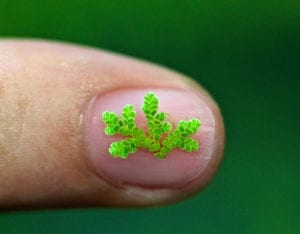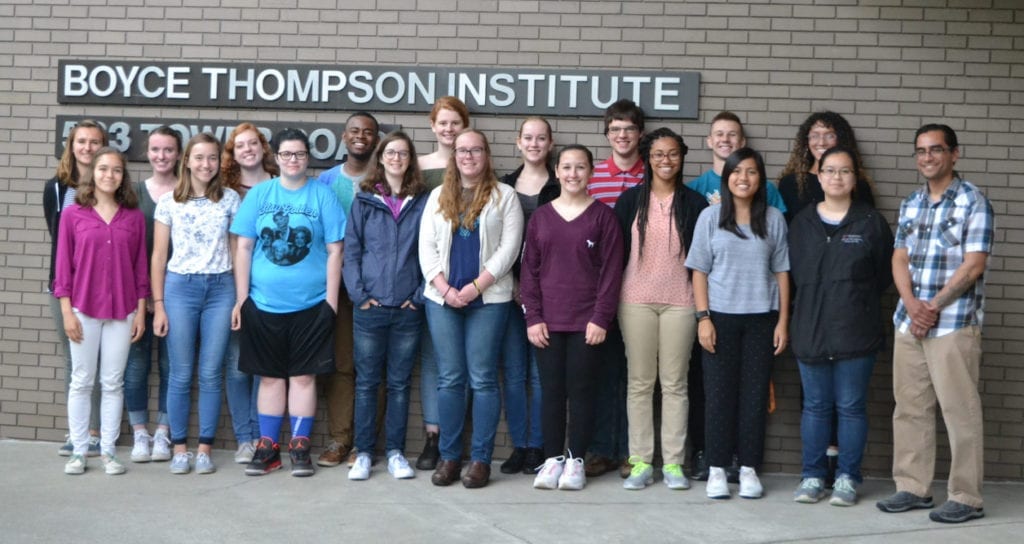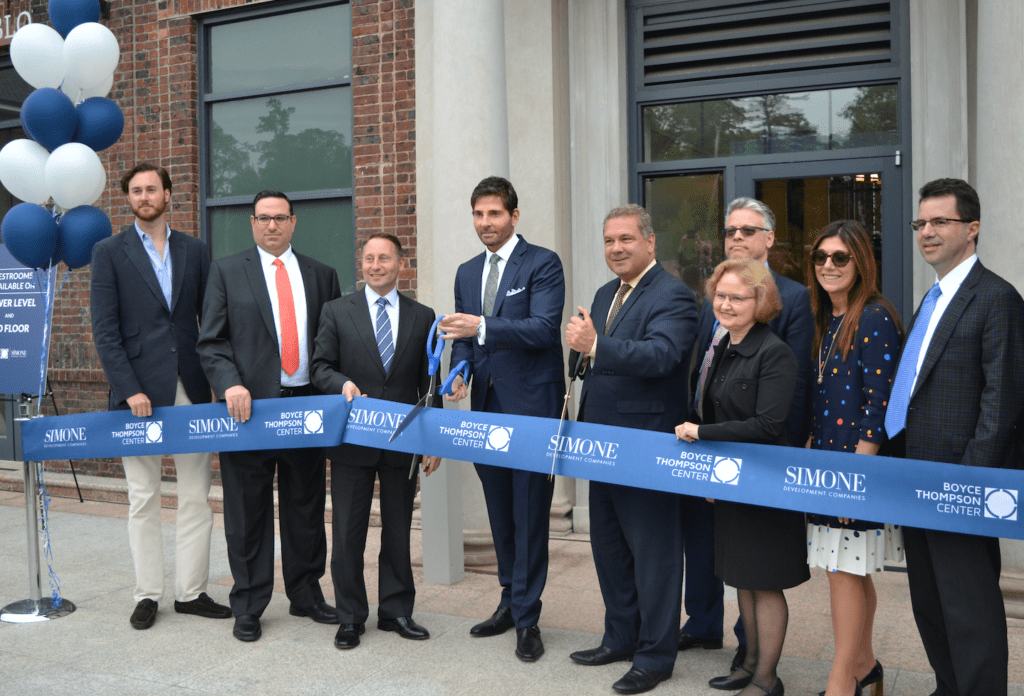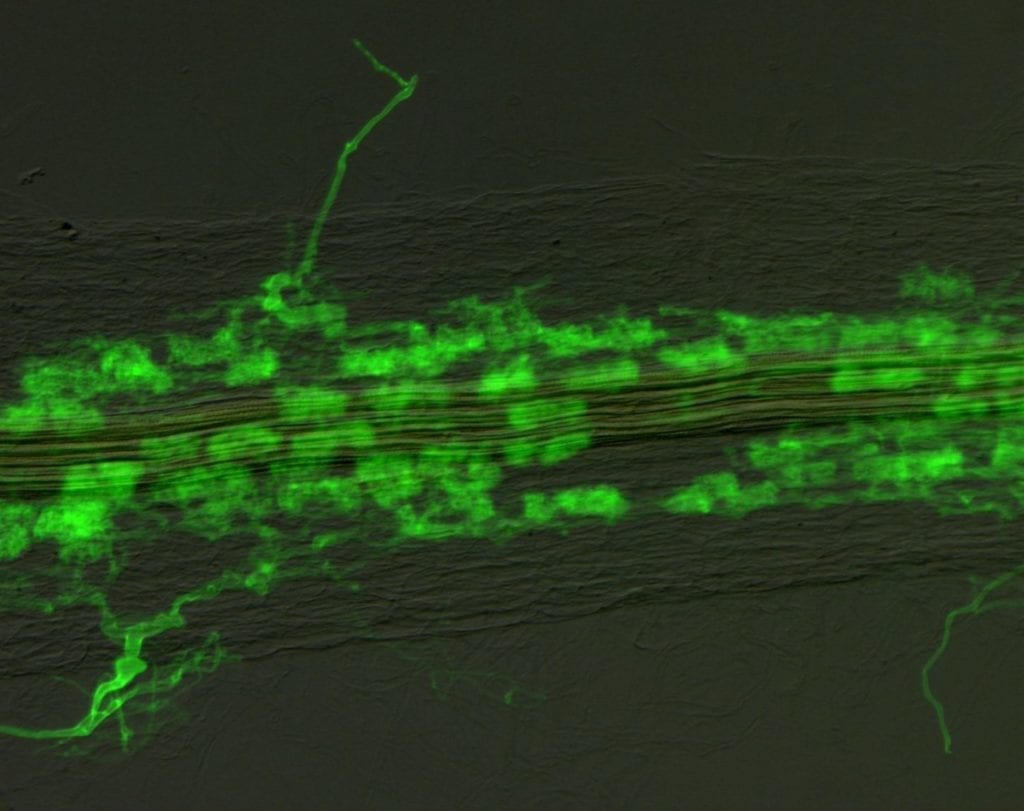For the Media
If you’re a member of the media looking for a compelling story, we can help. Our communications team is ready to help any journalist find the perfect story and accurate information about BTI’s latest discoveries.
Contact
Communications Office or 607-288-2578
For a deeper understanding of Boyce Thompson Institute, please watch the video about our story, view our history, and learn more about what we study.
Our research faculty are available for interviews and expert opinion. View BTI Faculty research areas.
Need a Logo?
Contact the Communications Office to request high-resolution images to accompany media releases.
Latest News
Georg Jander receives $1 million NSF EDGE award to develop genomic tools for studying milkweed
BTI’s Georg Jander is leading one of eight research groups selected to receive awards through the Enabling Discovery through Genomic Tools (EDGE) program, overseen by the National Science Foundation’s (NSF’s) Biological Science Directorate.
Wading into discovery: BTI’s 2017 PGRP Interns
Motivated, curious, and eager to discover, BTI’s 2017 Plant Genome Research Program (PGRP) interns are ready to dive into a 2+ month transformative experience that will prepare them for their future career.
Yonkers’ Boyce Thompson Center opening pays homage to BTI’s history and roots
After the Boyce Thompson Institute relocated to Ithaca, NY in 1978, its original building and grounds in Yonkers, NY laid vacant for more than 40 years. A remnant of its original purpose, the building was left devoid of its most basic vestige: life. That all changed on May 23rd, 2017, with the ribbon-cutting ceremony and official opening of the new Boyce Thompson Center.
Newly-published spinach genome will make more than Popeye stronger
Today in Nature Communications, researchers from BTI and the Shanghai Normal University report a new draft genome of Spinacia oleracea, better known as spinach. Additionally, the authors have sequenced the transcriptomes (all the RNA) of 120 cultivated and wild spinach plants, which has allowed them to identify which genetic changes have occurred due to domestication.
400 million years of a stable relationship: clues to the molecular basis of balance in AM symbiosis
Researchers from the Harrison lab at BTI have identified a transcriptional program that drives arbuscule degeneration during AM symbiosis. This regulation of arbuscule lifespan has likely contributed to the 400MY stability of the symbiosis by preventing the persistence of fungal cheaters.

